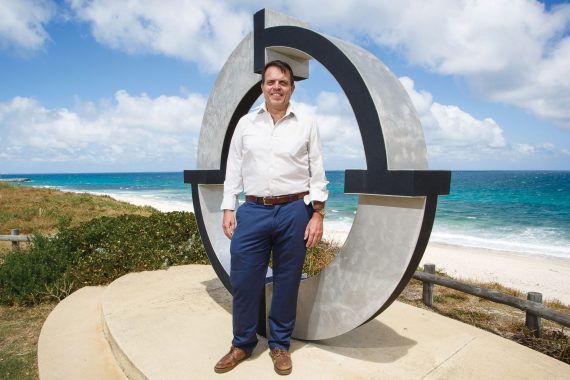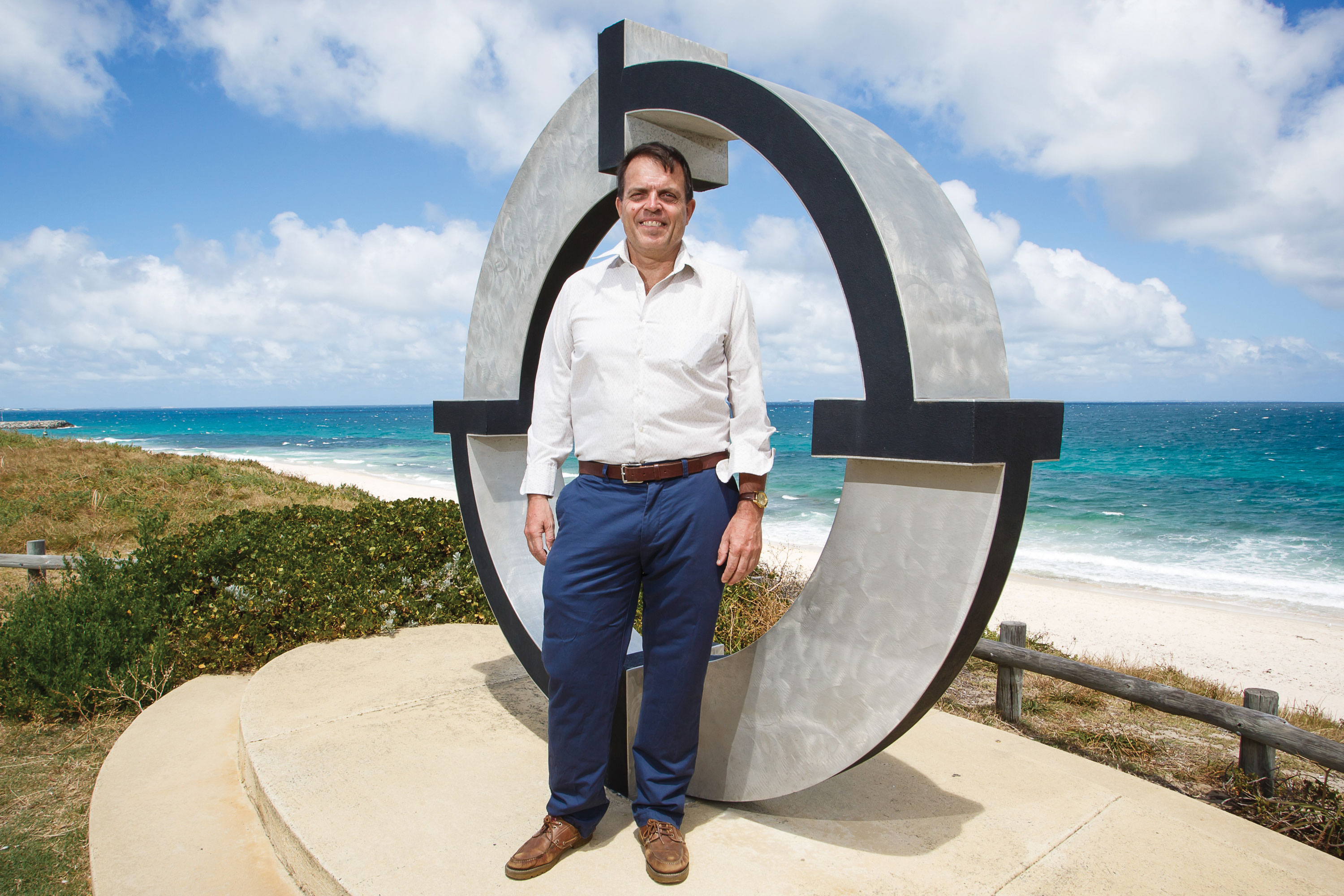Maintaining a dual career in Australia and Britain


Profile
Dr Rob Macdonald
Age 56
Role Locum GP in London and Australia
Location All over Australia – Sydney, Melbourne, northern Tasmania, central Queensland and Perth. In the UK, mainly in practices in north or east London
How do you split your time?
For the past three or four years, I have split my time almost equally between London and Australia, returning to my homeland down under when the autumn sets in in London in October, and going back to the UK in March, often with a holiday in between. My friends call me a migratory bird, flying south in winter and north in summer.
I have a flat overlooking the beach in Perth and a flat in London, which I rent out through websites like Airbnb when I’m not there. If I work outside Perth in Australia, I can usually stay with friends or relatives.
I’ve spent time in both countries for most of my career: I finished my training in Australia in 1983 and first came to the UK in 1986. I work as a locum GP in both places, and altogether I reckon I have worked in about 100 practices on both sides of the equator. I love the freedom, flexibility and diversity this gives me.
What’s the main disadvantage of working like this?
Probably duplication – I have to maintain two sets of regulatory cover – for the GMC and Australian Health Professional Regulation Authority (AHPRA) – and have two medical defence policies. I have to do enough work to pay off this double cost before seeing any income. I also have to keep updated with the clinical and regulatory changes in both countries.
How different is the work?
General practice is very similar in the UK and Australia – 90% of what you say to the patient remains the same. There are obviously some differences, though. In the Australian system we get paid per consultation, so I normally do 15-minute appointments to give patients better value for money. It also means that administrative tasks done by GPs in the UK are left to non-medically trained staff in Australia, so doctors can do work they are trained for and generate income for the practice.
Patients in Australia also know better what they’re entitled to, so sometimes we find ourselves under greater pressure to cater to their wishes, particularly in areas like analgesics and hypnotics. Also, if they don’t get their needs met at one practice, they’re entitled to go to another surgery. It’s not unusual for a patient to have two to three practices they attend selectively.
Australian practices tend to be larger in terms of the number of practitioners, with more proceduralists like minor surgery teams on site. This corporatised healthcare provision generally works well.
However, if I’m in rural Australia, I do need to be prepared to perform more minor procedures, partly because rural hospitals have fewer specialists available on a regular basis – one reason I haven’t signed up for much rural work.
The provision of healthcare for work-related injury is bigger in Australia because of a highly structured provision of worker’s compensation for injuries or illnesses acquired at work. In general, the doctor gets paid more for these cases because the bill is met by a workplace insurer. Also, in Australia you need a note from your doctor for a day or two absence from work, so writing sick notes is one of the commoner reasons for a consultation.
Is the patient population different?
The patient population between London and Australia is massively different. The lists in London are so varied and diverse it can be challenging, especially with patients whose first language is not English. Some illnesses also vary: in Australia, there are a few more sunburn cases or creepy crawly bites, but this is not a big part of the work.
How does your life outside work differ in both places?
In London, there are lots of intellectual events in the evening and I miss going to these talks when I’m back in Perth. Perth is more outdoorsy and I enjoy sailing in Australia. However I tend to go cycling more often in Britain where the scenery is more interesting.
Most of my immediate relatives are in Australia, but I have lots of friends on both sides of the equator.
I don’t know where I will settle when I retire, or if I will just keep doing this until I drop.
Pulse July survey
Take our July 2025 survey to potentially win £1.000 worth of tokens












